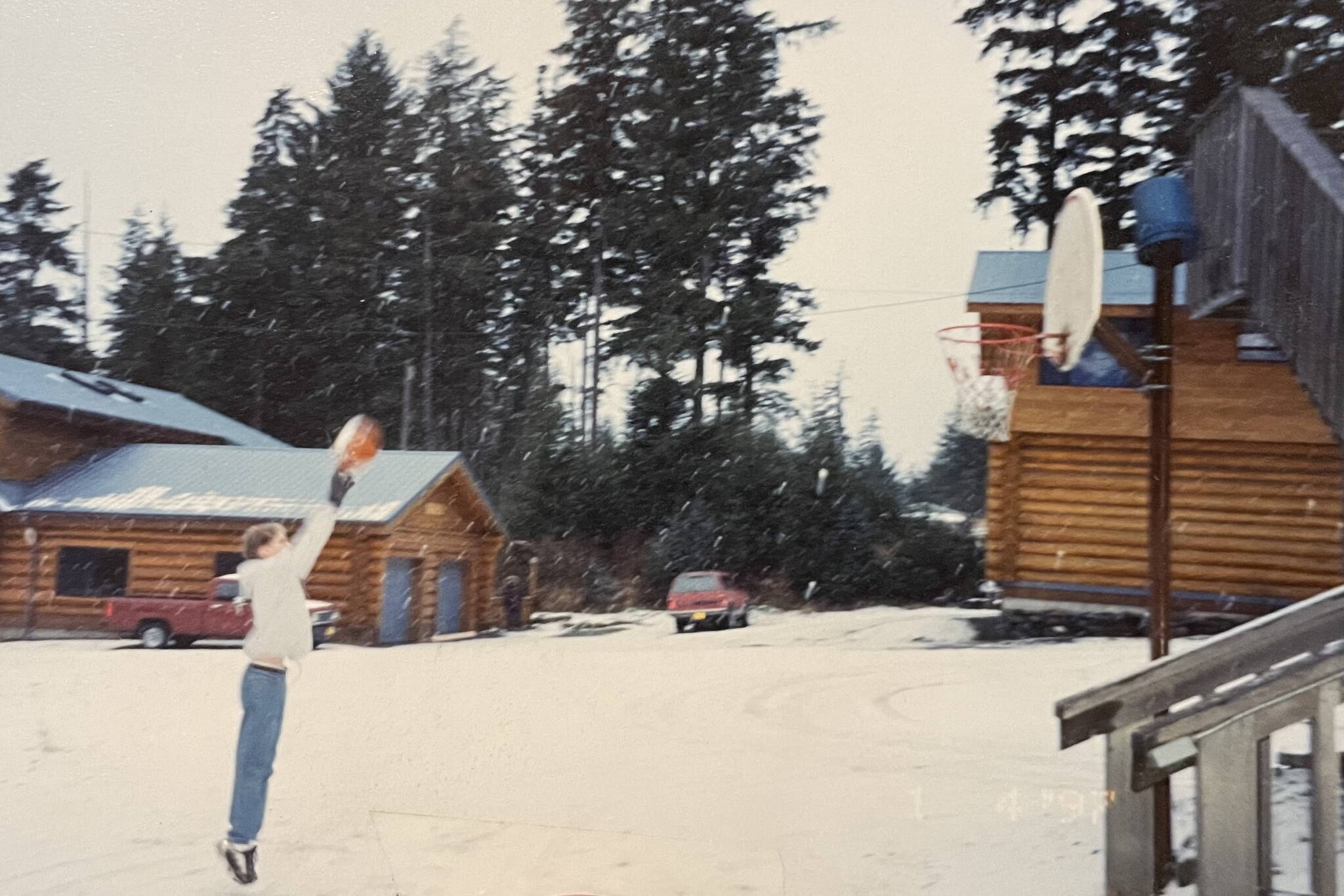One of the easiest things for athletes, coaches, former athletes, former coaches and parents to say is that sports teach you about life. True, but that doesn’t mean you learn anything.
There are plenty of readily available lines out there about growth, bonds, lessons, grit and all that, but being able to recite a line doesn’t necessarily mean you learned anything.
The results of March Madness are set into motion long before, often in the days after the previous year, when a person has to decide the type of person they want to become as a result of what happened. No one wants to lose, but a shockingly few amount of people are willing to do what it takes to prevent it from happening.
That’s not to say that every basketball team or cheer squad that doesn’t finish first is a band of losers. We all know that sports can turn a kid into an entitled brat as easily as a humble, gracious person of character regardless of how his or her team finished.
Those who do grow those positive traits in the high school athletic petri dish have them available for later use. The desired traits become lifelong attributes as the playing career fades into memory. An athlete becomes the type of person who works for growth, rather than assume it just comes with age. She becomes the type of person who makes the right things important in order to improve, rather than mine life for excuses. He becomes the type of person who wants results based on effort, rather than the type who blames refs, coaches, moon phases, and later bosses, colleagues, or the system for failings that were more likely a result of character, lack of hard work or fear.
Expecting to be completely motivated and shooting 100% with everything you ever attempt is ridiculous. It is unreasonable to anticipate perfection, but the pursuit of that level of achievement is how people are able to battle through all of life’s airballs — literal and metaphorical. That’s the type of ethic good coaches instill in their athletes. It’s the ability to convince athletes to individually battle for the collective good and dig deeper than they thought they could. Endure frustration, failure and doubt, but persevere to see it through and become better because of it.
That’s when the athletic experience becomes transformative. When it becomes about the practiced trait, not just the sport-specific skill.
Basketball, dance, cheer, whatever, they all teach humility, trust and sacrifice because of the opportunity to address weaknesses exposed.
I remember as a freshman when a coach told an opposing player to sit on my right hip and force me to dribble with my left hand. Exposed. My choice was to work to get better, or shrink into a limited role as a shooter. I never was a great high school player, but we weren’t hapless and pathetic with me running the point as a senior.
I remember my first rejection from an outdoor magazine. My choices were to work to become a writer worth publishing, or cower into the safety of a tiny corner of the internet with my blog of unchallenged writing.
The me of today, and everyone else, was set in motion long ago. Hampered by bad habits, laziness and insecurity, but benefited greatly by enough willingness to work, grow or simply not quit.
Few things are better for teenagers than being part of a team risking failure under the lights and pressure of events like the Region V Tournament. For seniors especially, the end of this segment of life might bring short-term tears, but there is rich value in the experience that might just become long-term success.
• Jeff Lund is a freelance writer based in Ketchikan. His book, “A Miserable Paradise: Life in Southeast Alaska,” is available in local bookstores and at Amazon.com. “I Went to the Woods” appears twice per month in the Sports & Outdoors section of the Juneau Empire.

